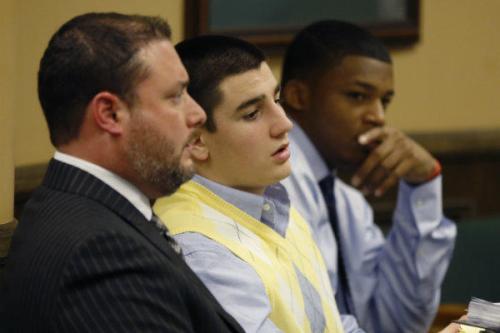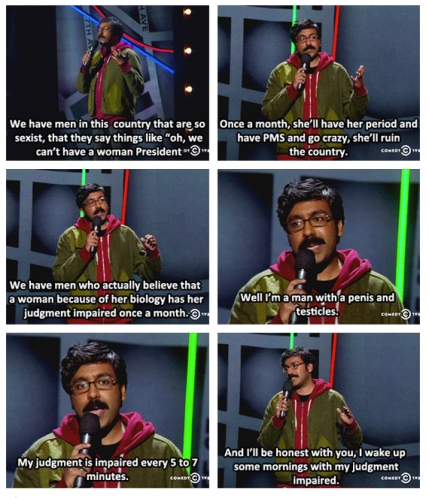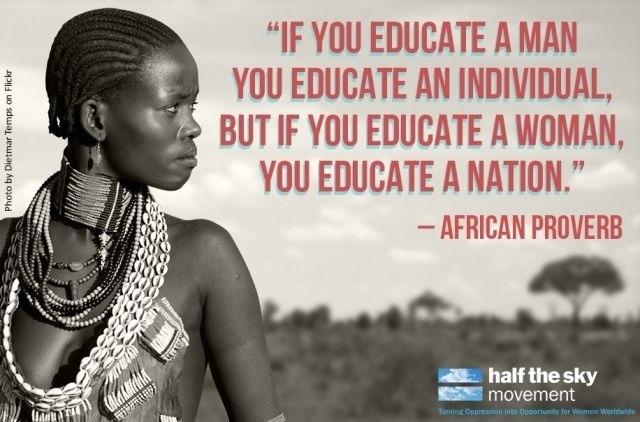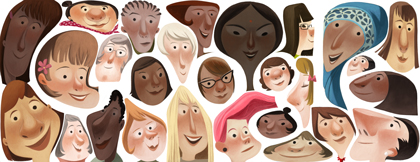
By Chelsea J. Carter, Poppy Harlow and Brian Vitagliano, CNN
Steubenville, Ohio (CNN) — Two Steubenville high school football players accused of raping an allegedly drunk 16-year-old girl were found guilty by an Ohio judge on Sunday.
Judge Thomas Lipps announced his decision after reviewing evidence presented over four days of testimony in the case against 17-year-old Trent Mays and 16-year-old Ma’lik Richmond, who were tried as juveniles.
Mays and Richmond were tried before Lipps, a visiting judge, without a jury. The trial moved quickly — and through the weekend — to accommodate the judge’s schedule.
Mays was also found guilty of disseminating a nude photo of a minor.
Mays was sentenced to a minimum of two years in a juvenile correctional facility. Richmond was sentenced to a minimum of one year, but like Mays could be in detention until he is 21.
The Department of Youth services will rule whether the two boys will be detained longer, Judge Lipps said, adding it will depend on their behavior and rehabilitation.
Mays and Richmond will be credited for the time they had served before the trial.
The ruling brings an end to a trial that has gained national attention for its lurid text messages, cell phone pictures and videos, and social media posts surrounding the sexual abuse of the girl.
Mays and Richmond were accused of raping the girl during a series of end-of-summer parties in August 2012.
According to prosecutors, Richmond and Mays each penetrated the victim’s vagina with their fingers, an act that constitutes rape under Ohio law if it is not consensual.
Attorneys for the two boys had said they were not guilty.
CNN’s policy is not to identify alleged victims of sexual assault. CNN is not naming the minors who have testified but is identifying Mays and Richmond, whose names have been used by court officials, their attorneys and in multiple media accounts.
At the heart of the case was the question of whether the victim was too drunk on the night of August 11 and the early morning of August 12 to understand what was happening to her and to consent.
Trial focuses on text messages
The victim testified Saturday that she remembered little about the night because she was drunk.
During closing statements on Saturday, attorneys for the two boys argued the state failed to prove beyond a reasonable doubt that their clients raped the girl, calling into question the victim’s credibility.
They also questioned whether an avalanche of cell pictures and videos and social media posts available in the days after the rape, as well as national media coverage ahead of the trial, tainted testimony.
But prosecutors told the judge there is no question the girl was “substantially impaired.”
“The things that made her an imperfect witness — that she doesn’t remember a lot — made her in every sense of the word a perfect victim,” prosecutor Marianne Hemmeter said.
The girl testified Saturday that she remembered drinking at the first big party of the night and then holding Mays’ hand as she left with him, Richmond and others.
The next thing she remembers, she told the court, is waking up in the morning naked on a couch in an unfamiliar house. She covered herself with a blanket while she looked for her clothes. She testified she could not find her underwear, earrings or cell phone.
She testified she was “too embarrassed to ask what happened that night because I didn’t remember.”
The girl told the court she had a flashback memory of throwing up in a street somewhere sometime after she left the first party.
The victim was the 28th and final witness in a trial that has shone an unwelcome spotlight on Steubenville, a down-on-its-luck town along the Ohio River, and the Steubenville High School football team known locally as “Big Red.”
Critics have accused community leaders of trying to paper over rampant misconduct by players of the highly regarded “Big Red” football team and have suggested that other students took part in the assaults or failed to do enough to stop them.
The case has attracted the attention of bloggers and even the loosely organized hacking group Anonymous, who have questioned everything from the behavior of the football team to the integrity of the investigation.
But during closing arguments Saturday, Hemmeter cast aside the outside attention.
“This case isn’t about a YouTube video. This case isn’t about social media. This case isn’t about Big Red football,” she told the judge.
“This case is about a 16-year-old girl who was taken advantage of, toyed with and humiliated. And it’s time people who did this to her are held responsible.”
Teens treated girl ‘like a toy,’ prosecutor says
Earlier in the day, attorneys for Mays and Richmond challenged the credibility of the victim, calling two of the 16-year-old girl’s former best friends to testify.
One witness, a 17-year-old, testified the victim told her she believed she had been drugged the night of the assault, an allegation the witness said she did not believe because the girl “lies about things.”
A hospital test on the victim for drugging came back negative, testimony revealed.
The teen witnesses, who described themselves as classmates and former best friends of the girl, told the court they saw the victim drinking. She drank at least four shots of vodka, two beers and some of a slushy mixed with vodka, a 16-year-old witness said.
The defense attempted to question the two teens about the victim’s past history, but the judge did not allow most of the line of questioning. Ohio, like most states, has a rape shield law that limits the amount of information of an alleged victim’s past that can be explored in court.
The 17-year-old witness said she picked the victim up the next morning from someone’s home and asked her what happened.
In the car, the victim said, “We didn’t have sex, I swear. I don’t know what happened. I don’t remember,” the teen testified.
On Friday, three teens, all self-described friends of the co-defendants, testified that they saw Mays and Richmond engage in sexual contact with the girl. All three have been granted immunity from prosecution.
One of the witnesses — identified as a 17-year-old Steubenville football player and wrestler — testified that he used his cell phone to record Mays putting his fingers inside the girl’s vagina during a drive from one party to another. He said he deleted the video the next morning when he realized it was wrong.
The teen also testified that Mays later attempted to have the girl perform a sex act on him in the basement of a home.
“She didn’t really respond to it,” he said.
[Source: CNN]




